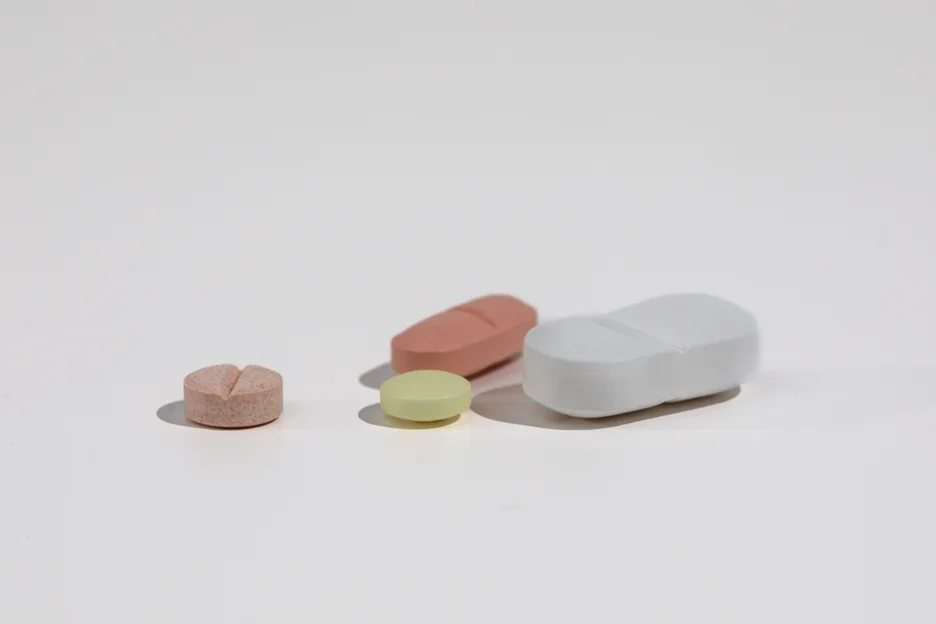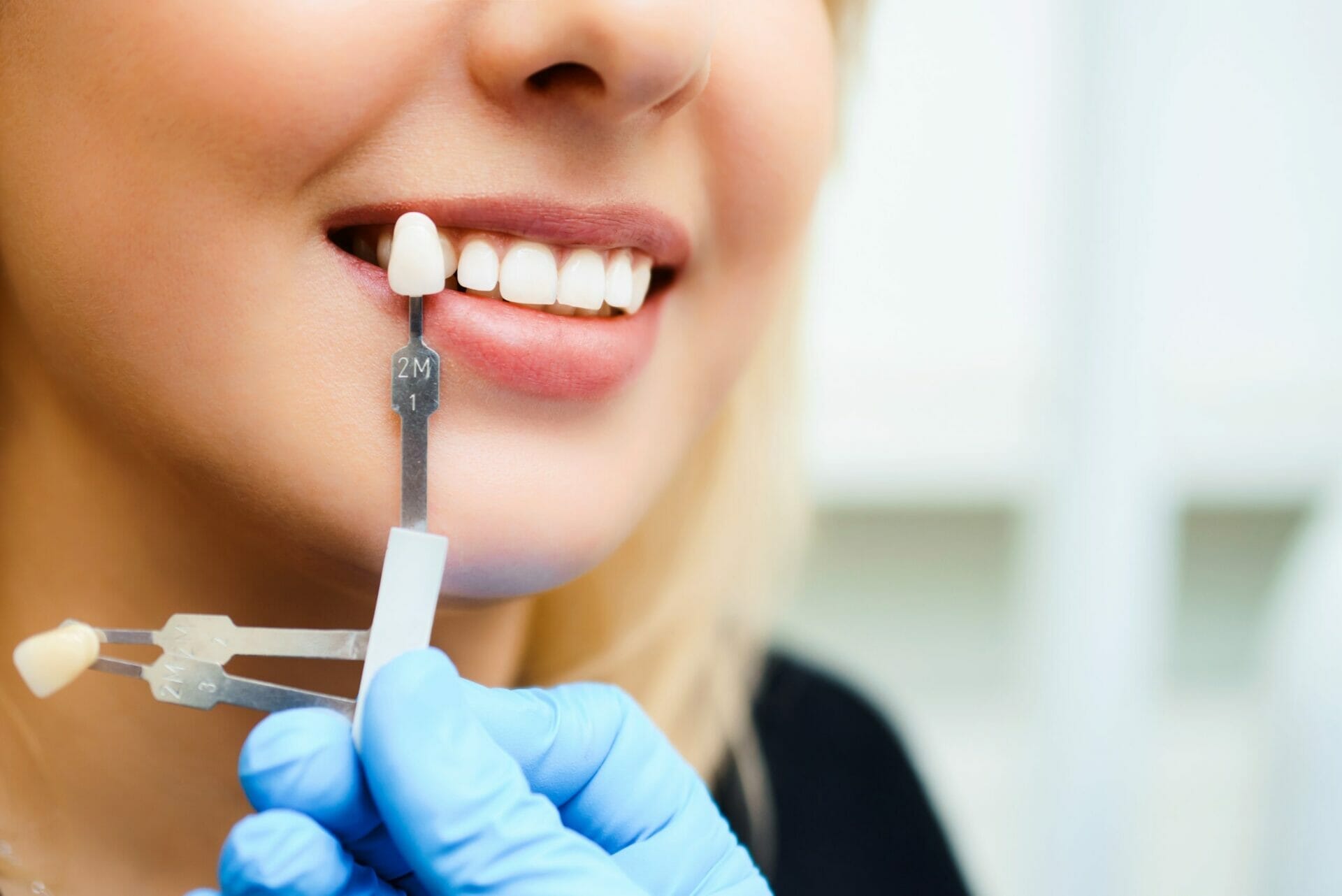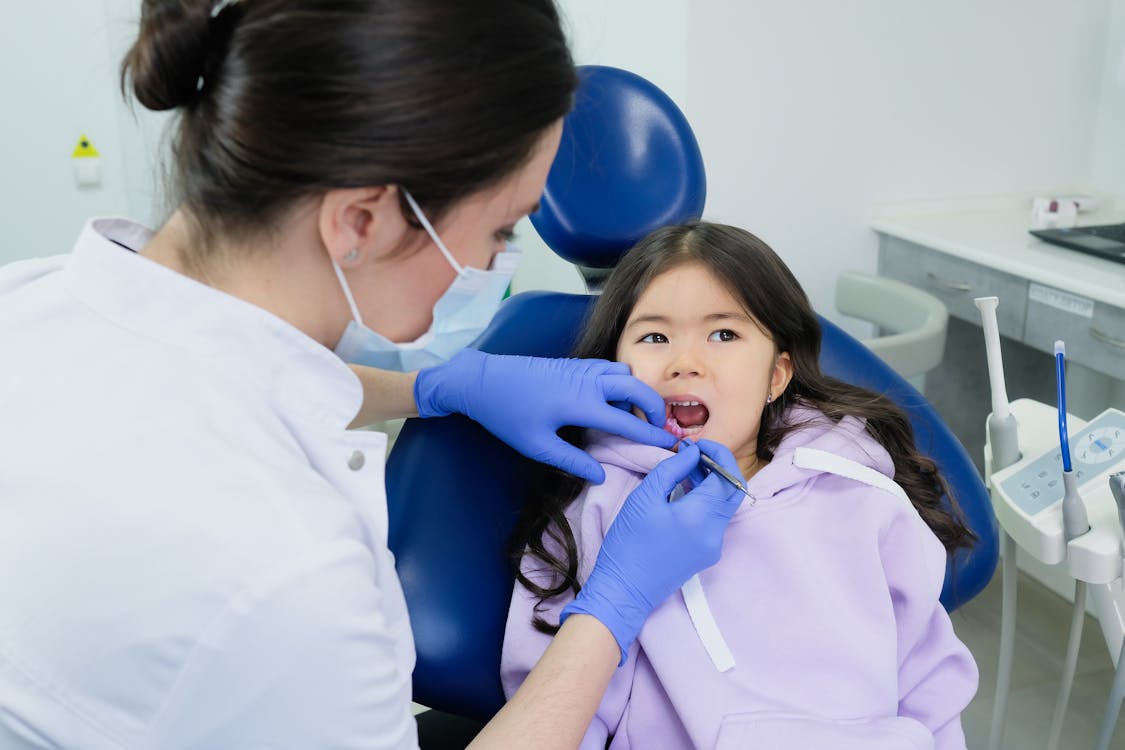 Posted On
Posted On
3 Things You Can Do to Avoid the Spread of Germs
 Posted On
Posted On
You do what you can to keep yourself and your loved ones safe and comfortable. Right now, in particular, perhaps you have become even more vigilant. To help you in your efforts to stay healthy, here are a few tips for avoiding germs in public.
1. Practice No-Contact With People and Surfaces
Avoid unnecessary physical contact with people outside your own household. For example, instead of shaking hands, consider a wave, courteous nod or slight bow. Maintain a distance of several feet when possible. Increase that distance if a person is coughing or sneezing.
Touching surfaces in public places is inevitable. It’s often necessary to pull levers, handles and doorknobs; push the bathroom door open; or press buttons on an ATM. The list of public objects touched in a normal day is quite long. Since it would be impossible to entirely avoid touching things in public, consider using a tool, such as a grab hook with rubber tip.
2. Wear Personally Protective Gear
When you’ll be spending a lot of time in busy or crowded places, wearing protective gear is the way to go. The gear you need may be as simple as a face mask and disposable gloves.

By wearing a face mask, particulates that are floating in the air around you may be stopped before they reach your nose and mouth. If you sneeze, cough or even talk, you are likewise releasing particulates, which a mask may be able to capture before it has a chance to get into the air and affect others.
Disposable gloves may seem unnecessary sometimes, since soap and sanitizer are options. However, wearing gloves may make you more conscious of when you are about to touch your face, clothing and other personal items after you’ve been handling things such as carts and payment keypads.
3. Wash or Sanitize Your Hands Thoroughly
Finally, there is the timeless classic of thorough washing or sanitizing to avoid the spread of germs. The Centers for Disease Control and Prevention recommends scrubbing your hands with soap and water for at least 20 seconds. When washing with soap and water isn’t an option, using a hand sanitizer based in alcohol is also considered effective. Carry a small bottle of sanitizer wherever you go to ensure you are always covered.
In today’s busy and interconnected life, for many people it is impossible to entirely avoid contact with random strangers and public surfaces throughout the day. Fortunately, these alternatives can be both easy and inexpensive to implement.
















